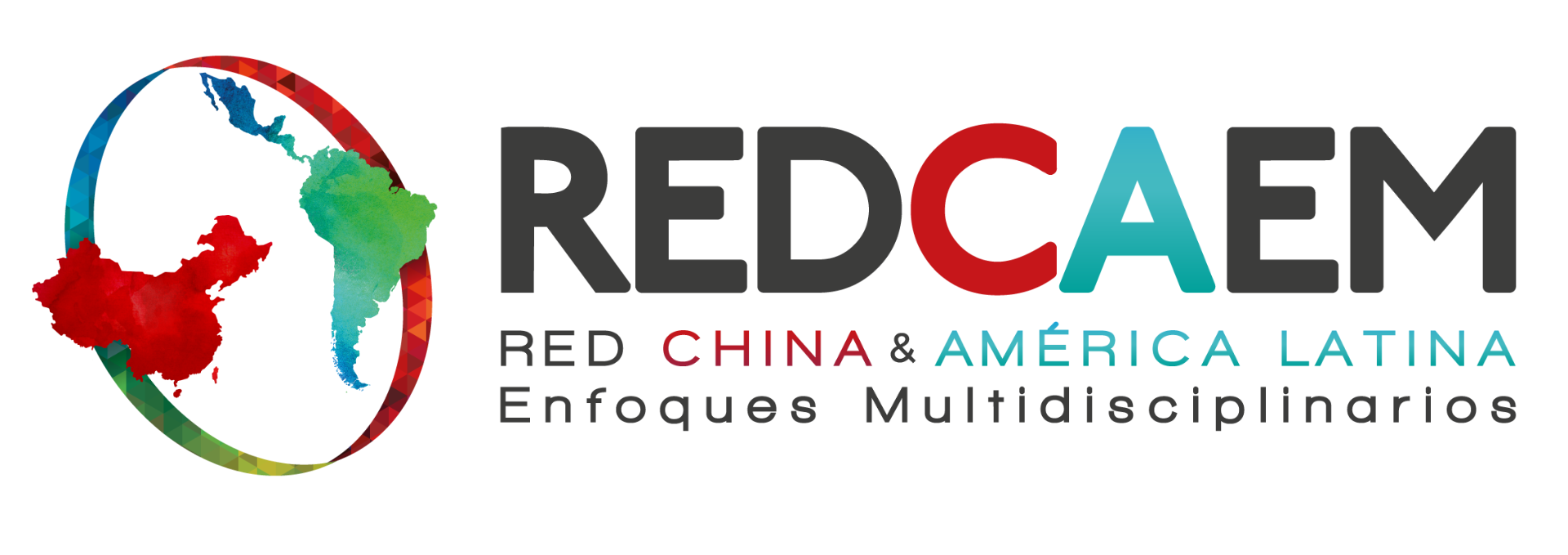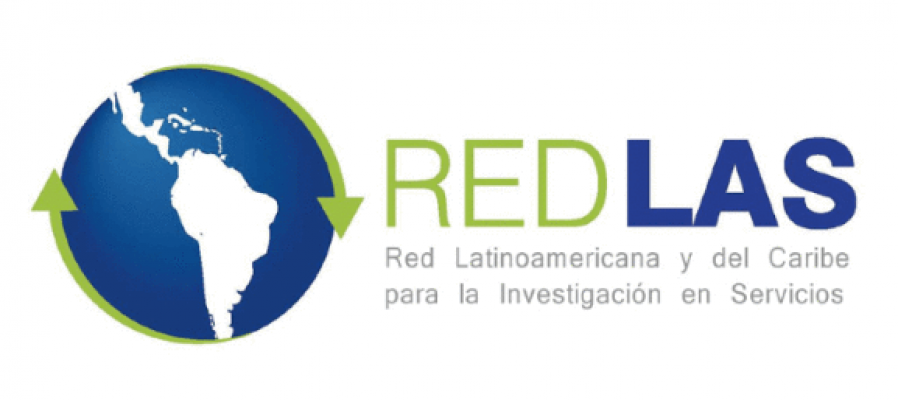Asset Publisher
These are our partners
ADEN - Escuela de Gobierno

Latin America is confronting economic challenges that require society's attention in order to make a difference in the history of our nations. The poor distribution of wealth, low quality of education, and the changing social security systems are some of the challenges faced by countries in our region. These disruptive challenges require public and political leaders who are better prepared to change the course of our nations.
ADEN School of Government offers educational programs of excellence in topics related to the management of public policies aimed at the permanent development of current and future public and political leaders in Panama and Central America. ADEN School of Government programs have an international profile, a learning methodology based on case studies and simulations, and a focus on the development of skills for the effective exercise of public leadership. These differentials make ADEN School of Government a unique school of government in the region.
To the webpage
The Think Tanks and Civil Societies Program (TTCSP) - Pennsylvania Univesity

The Think Tanks and Civil Societies Program (TTCSP) of the Lauder Institute at the University of Pennsylvania conducts research on the role policy institutes play in governments and civil societies around the world. Often referred to as the “think tanks’ think tank,” TTCSP examines the evolving role and character of public policy research organizations. Over the last 25 years, the TTCSP has developed and led a series of global initiatives that have helped bridge the gap between knowledge and policy in critical policy areas such as international peace and security, globalization and governance, international economics, environmental issues, information and society, poverty alleviation, and healthcare and global health. These international collaborative efforts are designed to establish regional and international networks of policy institutes and communities that improve policy making while strengthening democratic institutions and civil societies around the world.
To the webpage
REDCAEM – Red China and Latinamerica

The China and Latin America Network: Multidisciplinary Approaches - REDCAEM, is an international network of specialists oriented to the multidimensional analysis of these relationships. REDCAEM is a permeable membrane of knowledge exchange between Latin American public, private and academic sector actors focused on relations with China
To the webpage
REDLAS

Latin American Network of Research on Services The Latin American and Caribbean Network of Researchers and Policymakers in Services (REDLAS) is a space for the exchange of experiences and expert discussion, with the objective of promoting knowledge for the development of strategies and promotion of services. This is done with the aim of strengthening the development of initiatives and policies in the public and private spheres in this area. It is initially formed in 2010 and is a lunch with almost 500 researchers and professionals who actively participate in the study and formulation of public policies in services.
REDLAS has already held several conferences: Brazil (2010), Chile (2012), Mexico (2014), Uruguay (2015), Brazil (2016), Costa Rica (2017), Argentina (2018) and Colombia (2019). This Network is a collaboration between the Economic Commission for Latin America and the Caribbean (ECLAC) and the Regional Programme ADELA of the Konrad Adenauer Foundation (KAS).
To the webpage
Tribunal Electoral - Panama

The Electoral Tribunal (TE) of Panama is the highest organ of the state in charge of the civil registry, identification, certification of marriages and holding of elections in and by the Republic of Panama.
The Electoral Tribunal is composed of three judges who are appointed in a staggered manner for a period of ten years. The appointments are made by each one of the three organs of the state, according to the Panamanian constitution; one that represents the Legislative Assembly, one by the Supreme Court of Justice (CSJ), and one by the Executive Body.
To the webpage
Universidad Católica del Uruguay

Located in Montevideo and in several other surrounding cities, the Universidad Católica del Uruguay is the oldest private university in the country and the most extended geographically.
Initially founded in 1882 by the first Archbishop of Montevideo, Monsignor Mariano Soler, it was reopened and entrusted to the Society of Jesus in 1985. The Catholic University of Uruguay is the main work of the Catholic Church in the field of Uruguayan higher education. Its commitment to academic excellence, ideological pluralism, ecumenism and interreligious dialogue has made it one of the fundamental actors in the cultural life of the country.
To the webpage
EAFIT University

The self-declared goal of EAFIT University is the sustainable development of humanity. To this end, the University offers programmes in a spirit of integrity, excellence, pluralism and integration, designed to stimulate lifelong learning, encourage discovery and creation and support interaction with the environment.
To the webpage
ECLAC
 Yadira Gratacos
Yadira Gratacos
The Economic Commission for Latin America (ECLA) -the Spanish acronym is CEPAL- was established by Economic and Social Council resolution 106(VI) of 25 February 1948 and began to function that same year. The scope of the Commission's work was later broadened to include the countries of the Caribbean, and by resolution 1984/67 of 27 July 1984, the Economic Council decided to change its name to the Economic Commission for Latin America and the Caribbean (ECLAC); the Spanish acronym, CEPAL, remains unchanged.
ECLAC is one of the five regional commissions of the United Nations and is based in Santiago, Chile. It was founded to contribute to the economic development of Latin America, to coordinate actions aimed at promoting it and to strengthen the economic relations of countries among themselves and with other nations of the world. Later, its work was extended to the countries of the Caribbean and the objective of promoting social development was incorporated.
ECLAC has two subregional headquarters, one for the Central American subregion, located in Mexico City, and the other for the Caribbean subregion, in Port of Spain, which were established in June 1951 and December 1966, respectively. It also has national offices in Buenos Aires, Brasilia, Montevideo and Bogotá and a liaison office in Washington, D.C.
To the webpage


